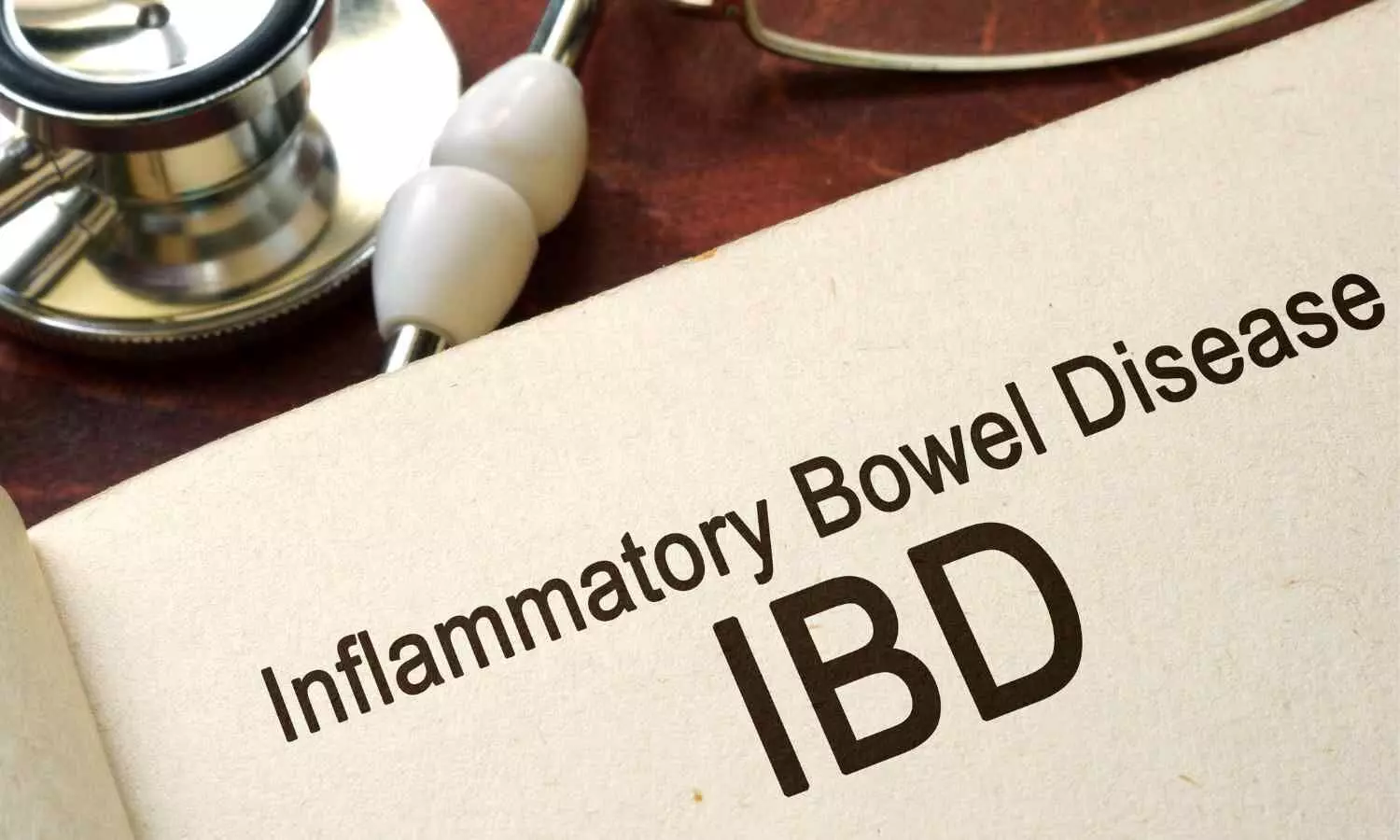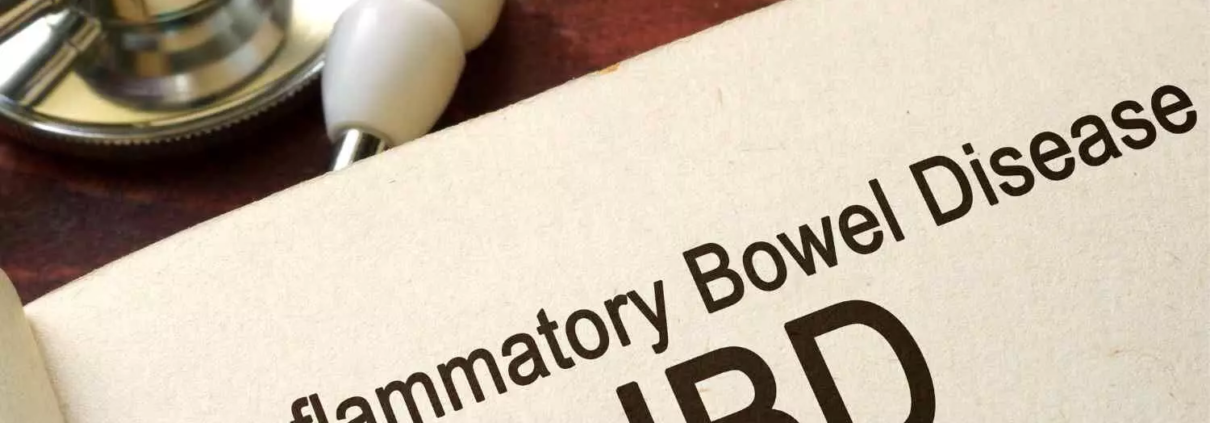First-line thioguanine therapy effective in patients with thiopurine-naïve IBD: Study

A recent study published in the journal of Inflammatory Bowel Diseases showed that first-line thioguanine treatment was clinically beneficial at 12 months with an acceptable safety profile in 53% of patients with thiopurine-naïve inflammatory bowel disease.
2 well-known maintenance medications for the treatment of Crohn’s disease (CD) and ulcerative colitis (UC) are azathioprine and mercaptopurine. Even though they work well to keep patients in remission, up to 40% of patients must stop their treatment because of unfavorable side effects. Thioguanine has a less complex metabolism than azathioprine and mercaptopurine. It is directly transformed into the pharmacologically active 6-thioguaninucleotides (6-TGNs) by HGPRT (hypoxanthine-guanine phosphoribosyltransferase) without the production of potentially harmful metabolites like 6-MMP (6-methylmercaptopurine).
As of now, thioguanine is only utilized to treat inflammatory bowel disease in cases where azathioprine and/or mercaptopurine have failed. This research was to evaluate the safety, efficacy, and 12-month drug survival of thioguanine in patients with inflammatory bowel disease who had never taken thiopurine.
The patients with inflammatory bowel disease who had not taken thiopurine before and were receiving thioguanine as their first thiopurine derivative participated in this retrospective cohort study. The maintenance of thioguanine without the (re)initiation of concomitant biological treatment, systemic corticosteroids, or surgery was considered clinically successful. The Common Terminology Criteria for Adverse Events were used to categorize each adverse event.
A total of 114 patients participated with a median therapy duration of 25 months and a median thioguanine dose of 20 mg/d. 53% of patients showed clinical efficacy at 12 months, and 78% of these responding patients continued to show improvement until the conclusion of the follow-up period.
Over the course of the follow-up period, 26 patients were defined as initial non-responders, 8 experienced a subsequent loss of response and 11 patients were deemed non-responders because they were unable to stop using systemic corticosteroids within 6 months. 86% of the patients were still using thioguanine a year later.
9 patients (8%) stopped their medication as a result of adverse events, and 50 (44%) patients experienced grade 1 or 2 adverse events. 3 people were infected, although none of them required hospitalization, and 2 other patients had pancytopenia. No evidence of portal hypertension or nodular regenerative hyperplasia was seen.
Overall, first-line thioguanine treatment had clinical efficacy rates comparable to normal azathioprine/mercaptopurine therapy at 12 months. Future studies in a more prospective and controlled setting should investigate the prospective function of thioguanine as first-line treatment for IBD.
Reference:
Crouwel, F., Bayoumy, A. B., Mulder, C. J. J., Peters, J. H. C., Boekema, P. J., Derijks, L. J. J., de Boer, S. Y., van de Meeberg, P. C., Ahmad, I., Buiter, H. J. C., & de Boer, N. K. (2023). The Effectiveness and Safety of First-Line Thioguanine in Thiopurine-Naïve Inflammatory Bowel Disease Patients. In Inflammatory Bowel Diseases (Vol. 30, Issue 9, pp. 1492–1499). Oxford University Press (OUP). https://doi.org/10.1093/ibd/izad197



